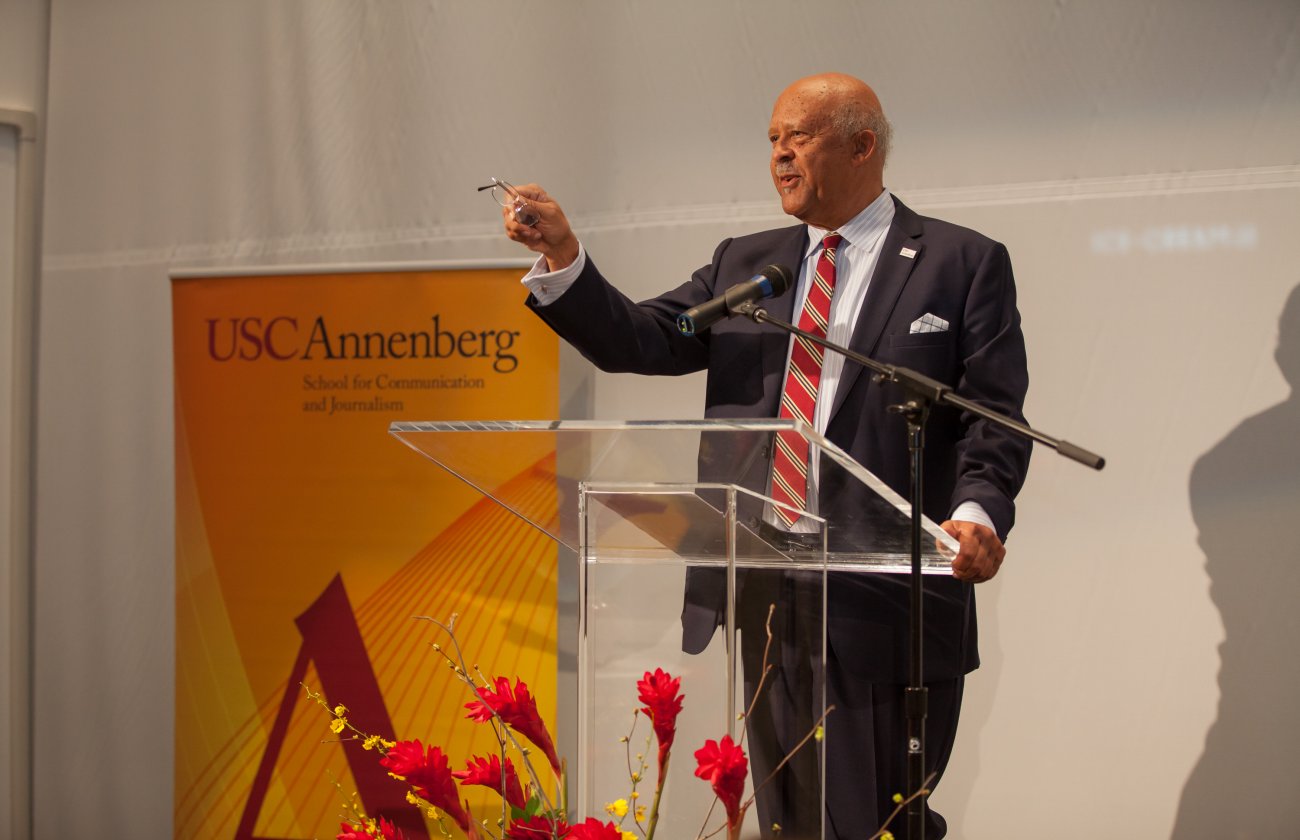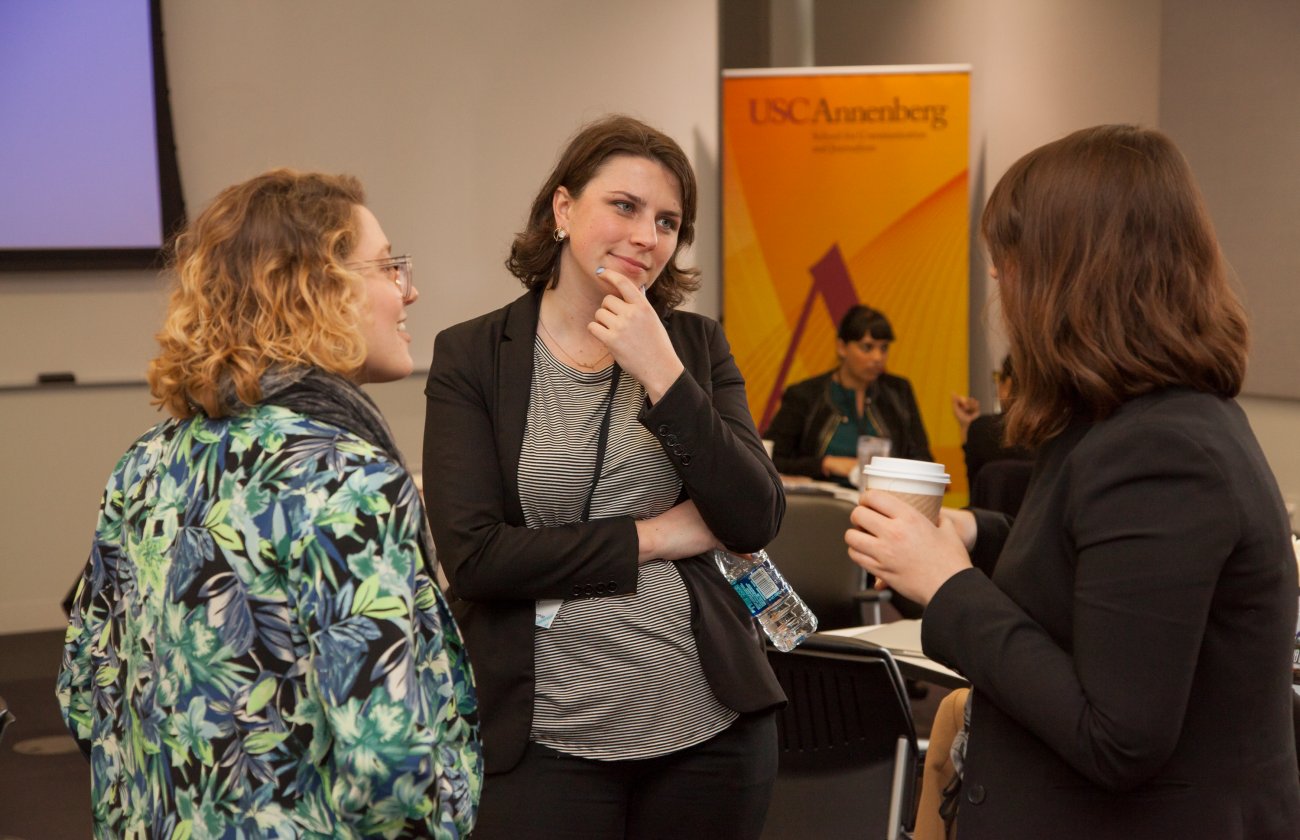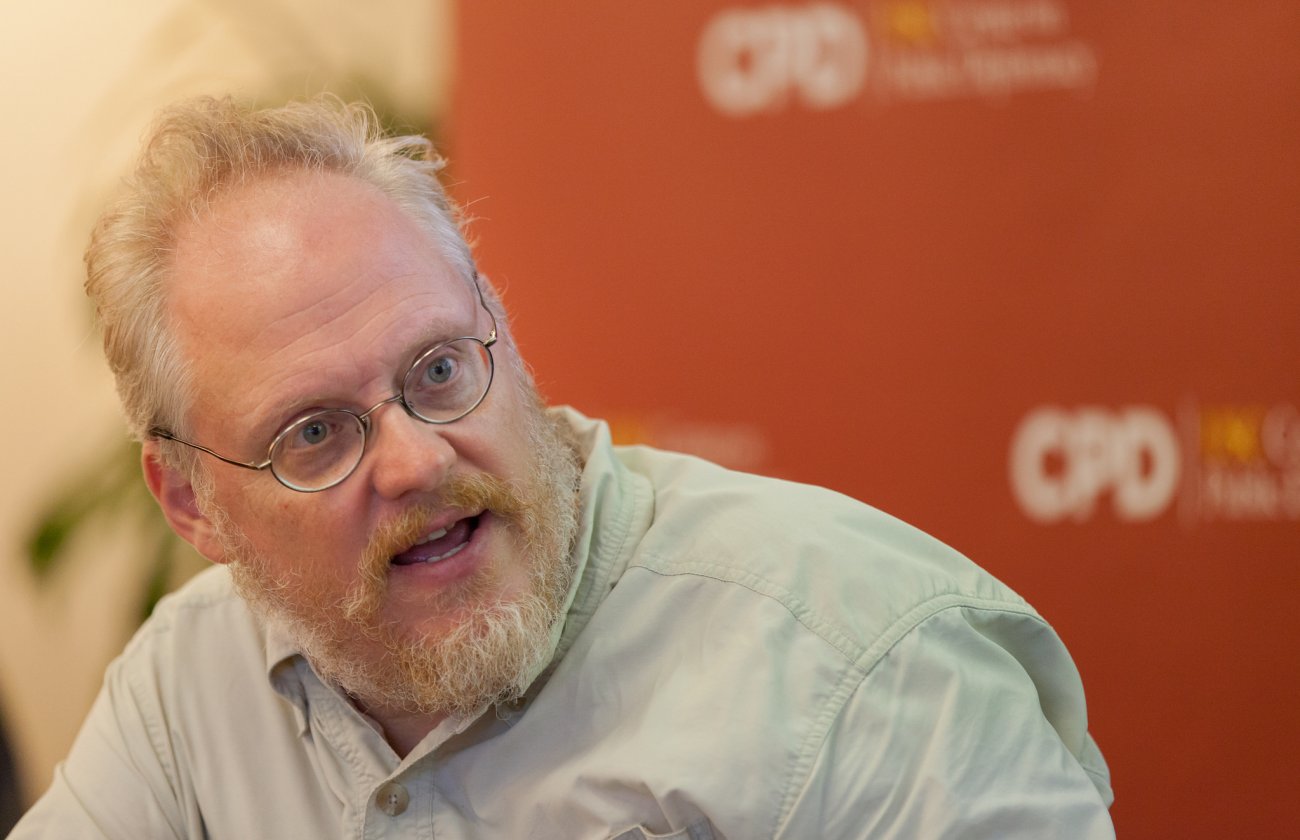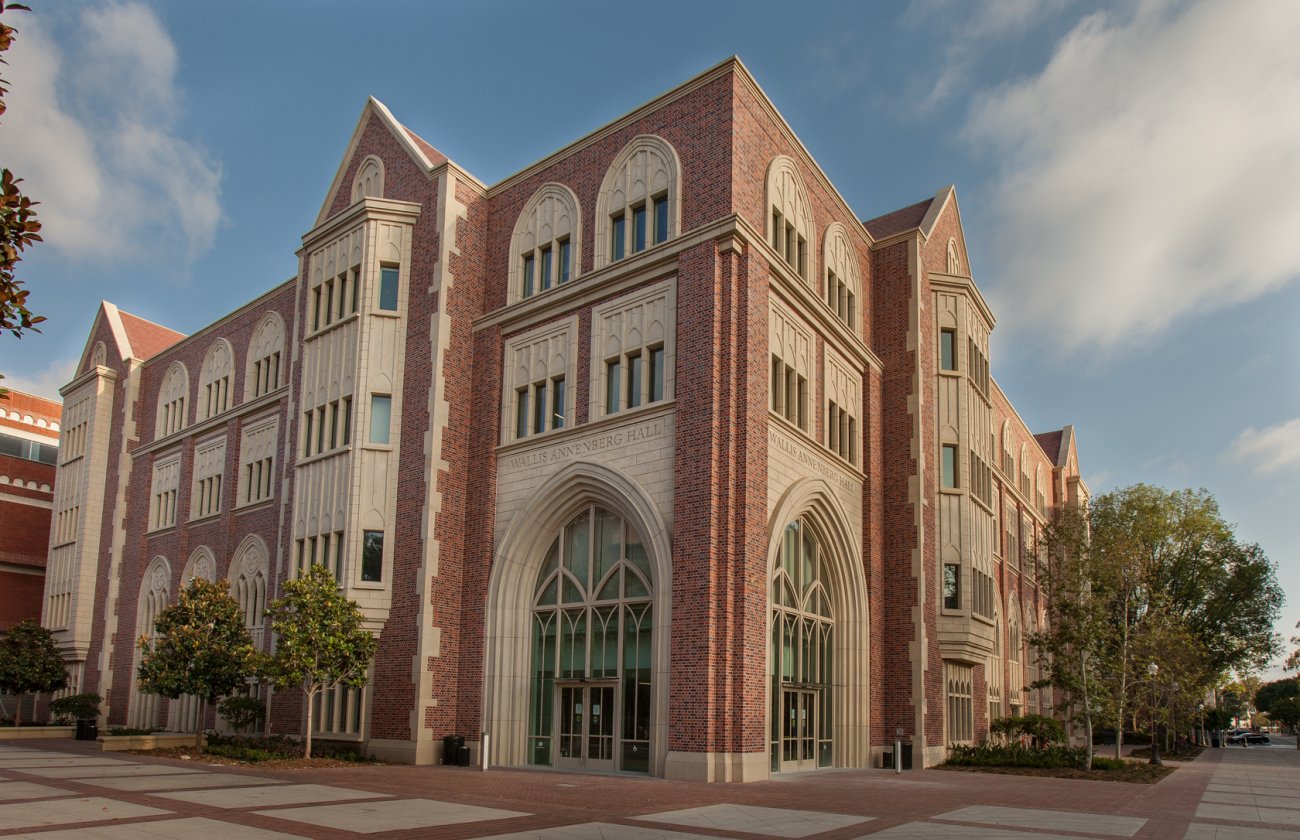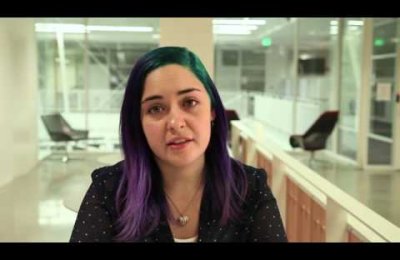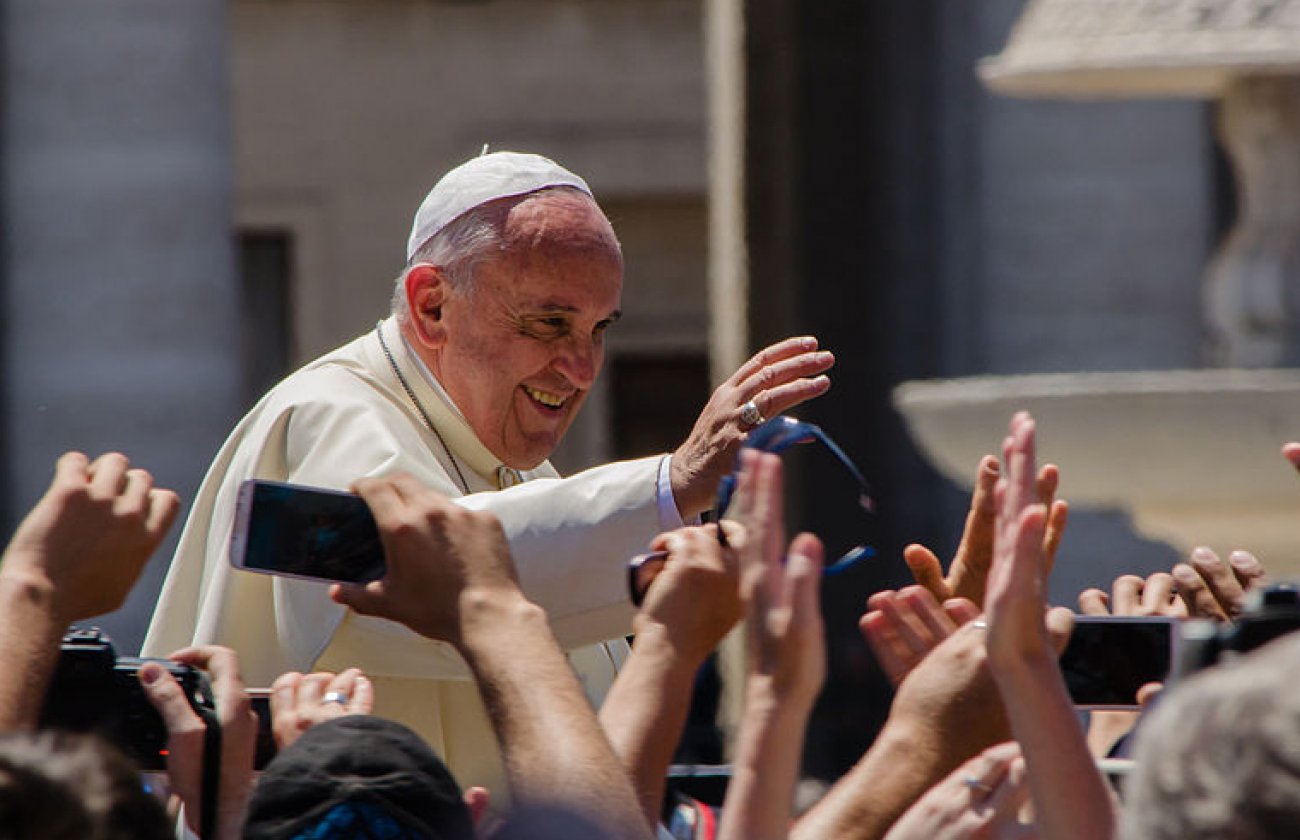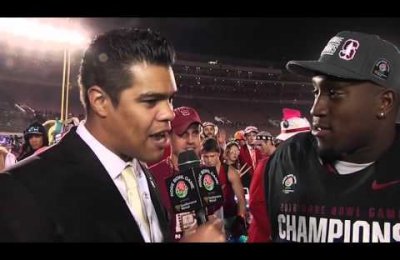By Greg Asciutto
Student Writer
USC Annenberg and the USC Center on Public Diplomacy hosted a joint edition of the school’s weekly Journalism Forum series Tuesday, a conversation on public diplomacy through the lens of the upcoming Winter Olympics in Sochi, Russia.
Before a packed room of faculty and students, Communication Professor Daniel Durbin moderated a casual discussion featuring Journalism Professor Alan Abrahamson and Derek Shearer, an Occidental College professor and former ambassador to Finland.
“The Olympic Games are full of magical moments,” said Abrahamson, who will travel to Sochi to cover the Games for the eighth time in his career. “Do I think these Games are going to be unique in the history of the Olympics? For sure.”
The hype behind the Sochi Games is rooted in the tense nature of U.S.-Russia relations. For the first time since boycotting the 1980 Summer Games in Soviet Union’s Moscow, the United States is participating in a Russian-hosted Olympics. Additionally, controversies surrounding international LGBT rights and NSA whistleblower Edward Snowden’s political asylum have further muddied the waters.
For such reasons, the panelists argued, the public and media-driven buildup to the Feb. 7 opening ceremony has largely concerned politics, not athletic competition.
“The host country has clear international soft power motives in mind,” said Shearer. “In the case of Russia, which is a kind of newly constituted nation out of the Soviet Union, clearly this is about more than sports. [Russian President Vladimir] Putin is trying to send a global message that Russia is back — Russia is a modern, important player in the world.”
That message has cost Russia $50 billion, Abrahamson said, significantly more than the price of the much larger 2008 Beijing Summer Games.
“These Games are not just an investment in Russia’s image for the world, they are an investment in Russia’s image for Russians,” he noted. “Let’s not forget that it’s only been since 1991 that this country has been what it is. Any country in 23 years — that’s a long way to go.”
The hot-button issue of the day was President Obama’s decision not to send a senior political official to lead the Sochi delegation. Breaking precedent, former female tennis star Billie Jean King, figure skater Brian Boitano and hockey player Caitlin Cahow will be the featured American representatives in Russia.
The panelists argued that King and Boitano, both openly gay, are being used as diplomatic tools to combat Russia’s ongoing conflict over homosexuality.
“I don’t think there’s any doubt to what he’s done,” Shearer said in reference to President Obama. “One could argue that Obama could have handled it slightly differently — I would have probably done what he did in terms of the delegation, but I also would have sent some senior leadership.”
Abrahamson, who had previously penned an open letter to President Obama questioning his choice of delegation members, said the political move will ultimately hurt Team USA.
“The Americans are going to get the worst housing with very difficult logistics and very difficult transport at these Olympic Games … that’s just the reality,” he said.
“If you were talk to members of the International Olympic Committee, this is not the way they would approach [handling the delegation]. They would tell you the President of the United States should not be in the business of telling the President of the Russian Federation what he should be doing. By the way if the United States is really interested in getting the Olympic Games in the summer of 2024, who is he to be telling them what they should be doing?”
The panelists also downplayed the recent terrorism threats toward the Games — Abrahamson called Sochi “the safest place in the world for those 17 days,” noting that the last Olympic terrorist incident happened in Atlanta in 1996.
Added Shearer: “Sochi — this is the most secure Olympics you could imagine. If you look at the geography, they basically shut down entry into the Olympic region. They’ve got more than 50,000 police and troops on hand — it’s going to be secure.”
Both agreed that an incident-free Games will equate a huge diplomacy win for Russia.
“It will get positive coverage around the world as it’s no longer the shattered, weak former-Soviet Union,” said Shearer. “It’s Russia – a modern nation with a modern venue putting on these Games, and a confident president leading them.”
Despite being an isolated location that is projected to have empty seats and low ticket sales, Sochi will be put on the map during the Games for it’s natural beauty and appealing slopes.
“The visuals will be stunning — if you’ve seen the mountains they are absolutely spectacular, they’re part of a world that almost nobody knows about,” said Abrahamson. “And let’s not forget that this is the opening salvo in Russia’s decade of sports. After this you have the Russian Formula 1 Grand Prix, the World Cup in 2018 and whatever else Putin decides he wants.”


